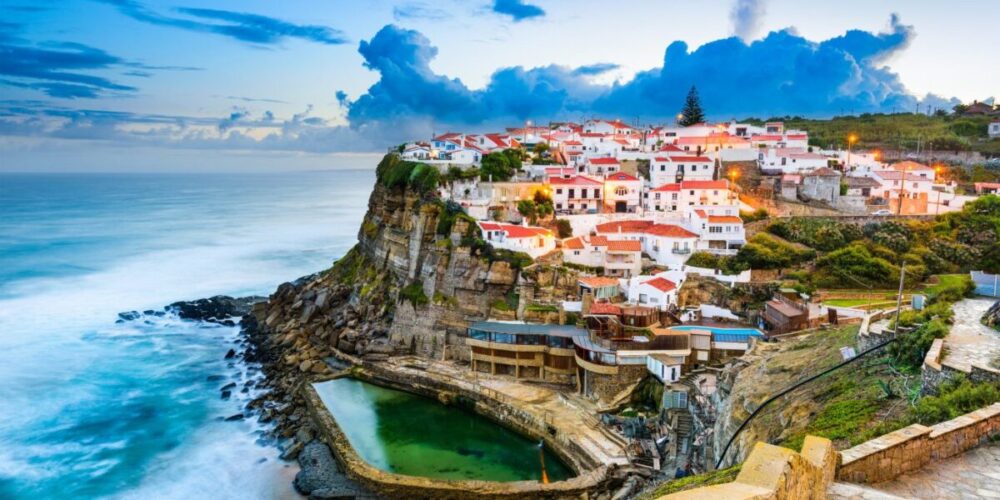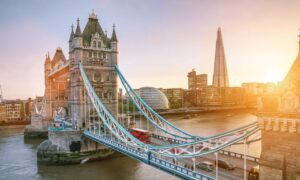Traveling to Portugal for the first time can be a nerve-wracking but exciting experience. Don’t worry, we’ve got your back! Here is everything you need to know before taking your first trip to Portugal – from perfecting the Portuguese language, discovering hidden gems, and understanding what to expect in terms of cuisine. So pack your bags and let’s get ready for an amazing journey!
1. Accommodation Options
When considering accommodation options for your visit to Portugal, you have a wide array of choices from luxury hotels and resorts to private villas, apartments, and hostels. Whatever type of stay suits your budget and style, you’ll find a number of great options available in different corners of the country. But before you book a place to stay, make sure to have ETIAS for Portugal.
- Hotel & Resort Chains — Portugal has an abundance of chain hotels and resorts located in cities such as Lisbon, Porto, Algarve, Setúbal, and Aveiro. Depending on their size and amenities offered, prices range from mid-range to luxury.
- Apartments & Villas — There are many quality apartments fully equipped with amenities available for short or long-term stays across Portugal. Vacation Villas offer the opportunity to rent an entire house or apartment with multiple rooms and bathrooms with full kitchens perfect for families or large groups alike.
- Hostels & Guest Houses — Hostels are a great option for students or travelers on a budget. Most hostels offer both dorm-style rooms as well as private rooms with shared bathrooms. Private guest houses are another great option offering many amenities plus home-cooked meals prepared by local hosts at budget-friendly prices.
- Camping & Glamping — If camping is your preferred style of lodging you’ll find plenty of sites throughout Portugal offering both basic camping areas with trees providing shade as well as sites equipped with made shelters that look like tiny homes perfect even for large groups or families including showers, electricity outlets etc., known in Portuguese as “glamping” (Glamour + Camping).
2. Transportation
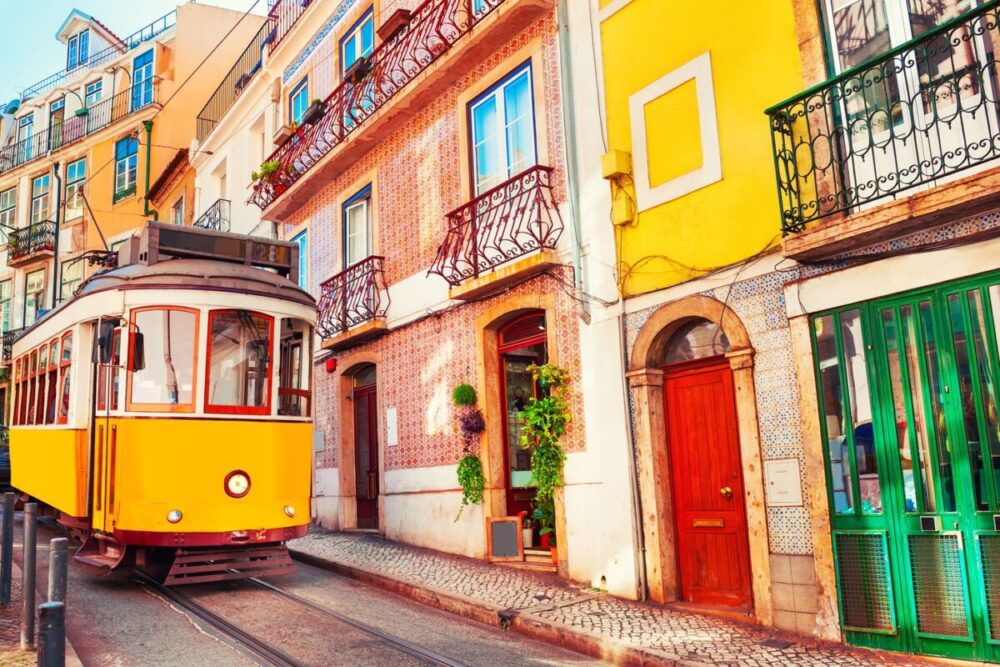
Source: collegiate-ac.pt
The county has an efficient public transport network, offering various travel options depending on the destination, through trains, busses, and flights. This country also offers excellent transportation between its cities, offering a variety of travel options. Buses are the most consistent in terms of routes and availability – they offer great value options connecting all the major cities in a short period of time. Trains can be more comfortable but specific routes may have limited times and some areas have limited train service.
3. Currency and Budgeting
Portugal, along with most countries in the European Union, has adopted the Euro (€). This currency is used throughout all but the smallest regions and neighboring Spain, making it easy to move between countries if you’re on a longer trip. Non-Euro currencies are accepted at some locations (mainly in stores near Portugal’s larger borders) but rates may not be ideal for travelers. ATMs are readily available and are often the best way to get Euros as exchange rates will usually be more favorable than those offered by banks or currency exchanges.
If you’re budgeting for your Portugal trip, keep in mind that prices are much higher than those found in other parts of Europe. Portuguese cities can have slightly higher prices than rural towns due to higher demand from international visitors. It’s best to plan your budget using realistic estimates – especially when planning to dine out – so that you don’t run into unexpected expenses along the way. If you’re looking to save money while traveling, seek out venues off the beaten path where locals dine and explore neighborhoods away from certain tourist hotspots which tend to be more expensive.
4. Language and Communication
Most Portuguese people are able to understand and communicate in Spanish, especially near the border regions. Despite the shared linguistic roots, pronunciation and vocabulary vary significantly between the two languages. It is worth making an effort to learn some basic Portuguese before embarking on your trip.
English is extensively spoken in popular tourist areas and it should be possible to find someone who speaks or understands English. Even if your accent or pronunciation may not be perfect, it’s a good idea to use contemporary phrases as they will demonstrate respect for local customs. Knowing some polite technical terms – as ‘por favor/please’ or ‘Obrigado/thank you’ – goes a long way!
5. Sightseeing and Attractions
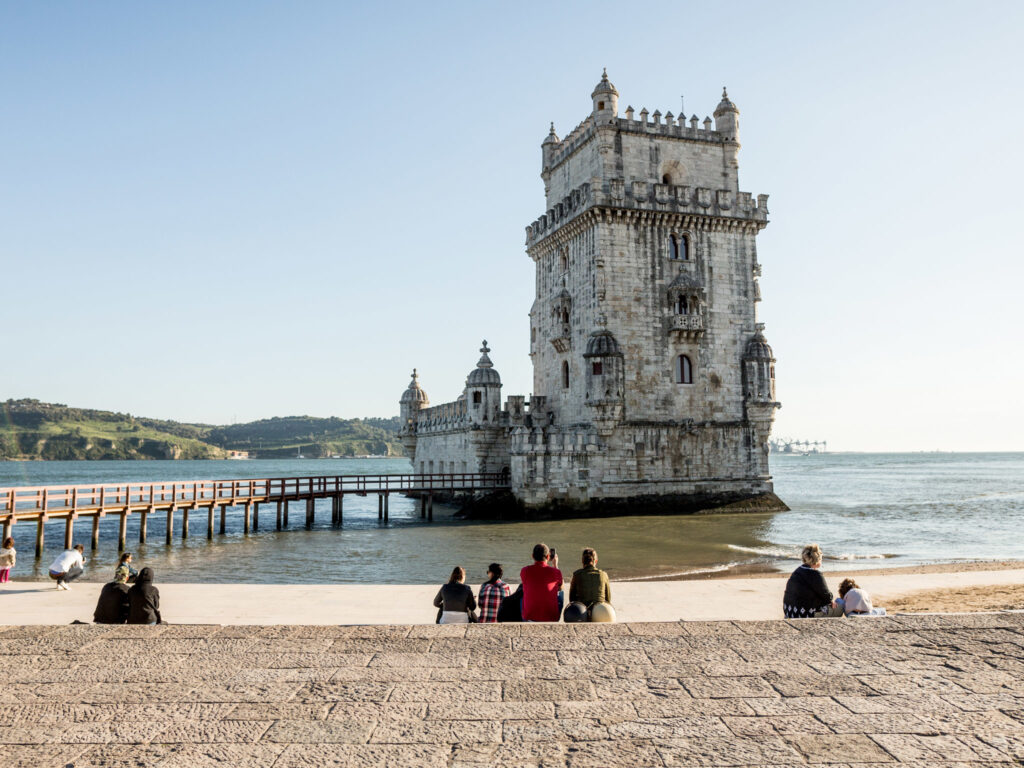
Source: timeout.com
For those looking for history, there’s the archaeological site of Évora and the ruins at Conímbriga — both invaluable pieces of the country’s past. If culture is more your style, why not take a stroll through Lisbon or Porto’s old quarters and discover centuries of art and design? For stunning natural views, nothing beats an afternoon hike along the Douro Valley or in Madeira’s mountainous trails.
Donaus tempt visitors with some of Portugal’s most iconic landmarks like São Jorge Castle in Lisbon or Torre de Belém in Porto. If you’re big on fun activities and want to get to know people: Portugal has it all! From surfing by Nazaré to kayaking down the Tagus River, there are plenty of options for adventure-seekers!
6. Food and Drink
This country has plenty of seafood specialties, so it’s worth trying the first catch of the day that local restaurants get from their fishing boats. For those with hearty appetites, there are also plenty of stews, casseroles, and hearty side dishes as well as homemade bread and dessert delicacies.
Popular dishes include piri-piri chicken—or frango assado com piri-piri–and ‘pastel de bacalhau.’ Also, be sure to try ‘Caldo Verde,’ the classic green soup made with kale, onions, potatoes, and sausage served with bread on the side.
When it comes to drinks in Portugal, wine is a must! Popular regional wines include Quinta da Romaneira in Douro Valley and Casa Ferreirinha’s Duas Pedras white or Vinho Verde from Touriga Nacional grapes in Lisbon. Beer lovers should opt for one of Portugal’s craft beers such as Epidor from Estado de Minas Brewery or Aurora from Brassaria de Cerveja Dois Tigres. Fortified wines such as port and Madeira are popular here too—why not try them all?
7. Safety and Security
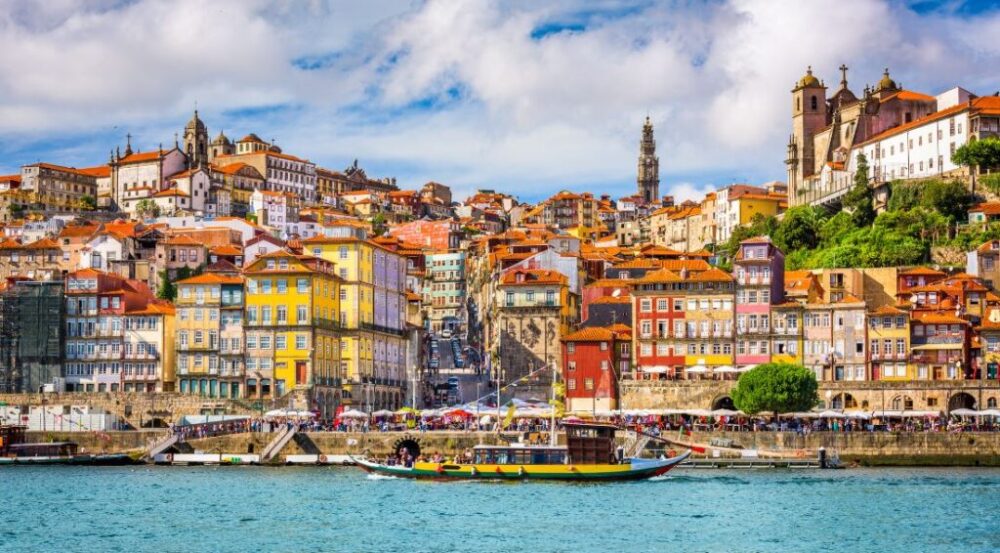
Source: traveloffpath.com
Portugal is generally considered a safe destination but you should remain aware of your surroundings while traveling.
Some tips to keep in mind include:
- Avoid carrying large amounts of cash, instead, use credit and debit cards wherever possible.
- Maintain a basic level of situational awareness when in new surroundings/in busy areas.
- Be sure to have up-to-date travel insurance details on you in case of an emergency or accident.
- Keep important documents such as passport copies in a separate place from where you’re keeping the originals.
- Take extra care with valuables when visiting crowded areas or tourist attractions, as pickpocketing can occur especially in higher trafficked locations.
- Familiarize yourself with local emergency contact numbers (police, fire, and embassy) so that you’re able to access help quickly if needed.
Conclusion
If you’re planning a trip to Portugal, congratulations! You’re in for a treat. This beautiful country has so much to offer, from stunning beaches to delicious food and wine. To help you make the most of your trip, we’ve compiled a list of Portugal tips first-time travelers need to know. From where to stay and what to eat, to how to get around and what to see, this guide will help ensure that your trip is one you’ll never forget.

